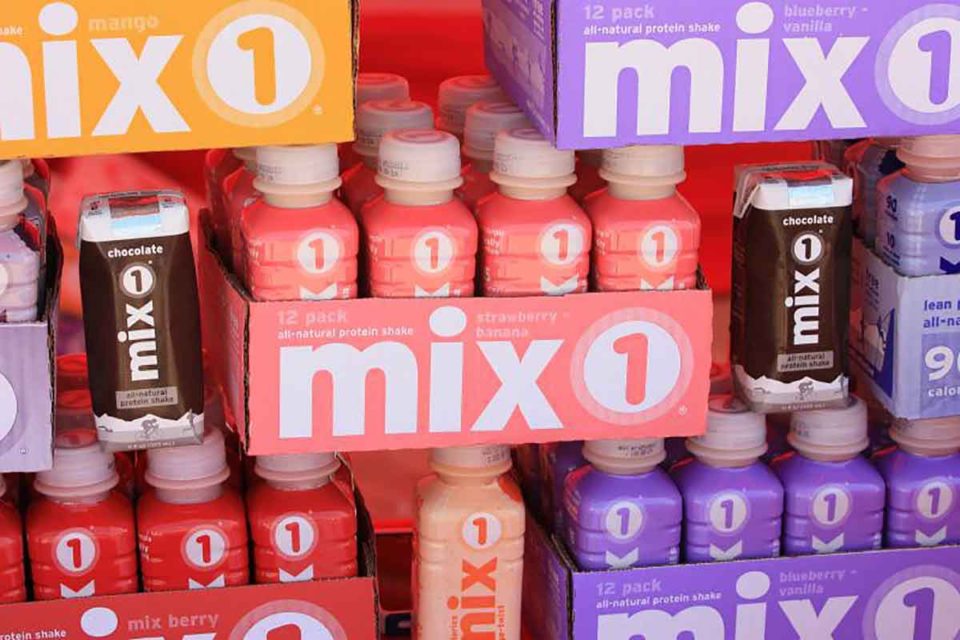By Emilio Sanchez
Miami-Dade Health
With the popularity of gyms and physical exercise, protein shakes have become a preferred drink for those who spend time exercising. The big question is whether they are really healthy.
Undoubtedly, protein shakes have many advantages: reduce cholesterol, stimulate the immune system, reduces blood pressure, contribute to weight loss.
If you spend many hours in the gym, a protein shake can reinforce your training and your effort. Intense physical exercise leads to muscle damage and the protein supplements help to rebuild all those fibers that weaken and that often break during training. Shakes also help to reduce the fatigue produced day by day.
Certainly, there may be disadvantages. Although protein is an essential nutrient, it’s still possible to get too much of it. An excess of protein ingestion may contribute to health issues such as diverticulitis, nutrient deficiencies and elevated risk of heart disease or kidney problems.
Another issue is allergic reactions. Milk and eggs can elicit an allergic reaction. Some people may suffer from vomiting, diarrhea, and dehydration if they consume protein shakes with these ingredients.
Still, keep in mind that no protein shake replaces a diet based on varied foods. So, it’s best to reach for a shake just once a day instead of using one to replace every meal. Now, if you plan to consume these shakes in the long term, consult first your doctor and, if possible, a good nutritionist.
According to government guidelines, adult women should get approximately 5 ounces of protein daily and adult men should get 6 ounces daily.
